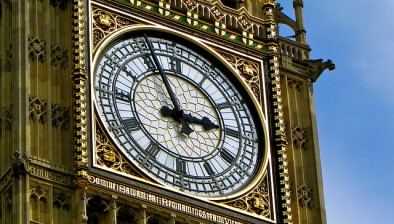New law to protect privately-held institutional records

Roderic O'Gorman
New legislation will make it a criminal offence to destroy privately-held records relating to institutions implicated in historical sexual abuse.
Roderic O’Gorman, the minister for children, equality, disability, integration and youth, today confirmed his intention to introduce the new measures as committee stage amendments to the Maternity Protection Bill.
It follows calls from survivors and former residents, affected persons, their families and advocates, who want to ensure that records which support understanding of their identity and the institutional systems which shaped their life experiences in such significant ways are preserved.
Mr O’Gorman said: “I am pleased to be able to bring forward this important legislation, which aims to preserve the records that are so crucial to people’s identities and life experiences, as well as the systems that shaped them.
“While the Birth Information and Tracing Act 2022 provides for some safeguarding of records in private hands, its scope relates to identity information for those who were adopted or have questions in relation to their origins. This is why I consider that this further legislation is urgently required.
“The proposals provide for the preservation of all privately-held administrative and other records that relate to Magdalen laundries, mother and baby and county home Institutions, industrial schools, orphanages, adoption agencies and boarding out arrangements, as well as the bodies that ran or oversaw these institutions and placement arrangements.
“Given the urgent requirement for this legislation, I will introduce it into the Houses next week.”
The proposed legislation provides for the preservation of relevant records held by private actors, so that they are preserved in the public interest. It does this by placing an obligation on any private holder of a relevant record to preserve it, making it an offence to destroy, mutilate, falsify, or fail to maintain relevant records, or to export them from the State.
The proposals also permit the director of the National Archives to engage with potential private holders and request a statement of the relevant records they hold. This would support the director in understanding the scope of the records currently in private hands.
The issues covered by the legislation were considered by the legal and legislative subgroup working on the development of the central repository of records to be held in the National Centre for Research and Remembrance.
While most of the records that will be held in the central repository will transfer from a government department or State body, the proposed legislation will support the work of the National Archives in engaging with private holders of records by placing an obligation on them to preserve records.
In this way, the proposed legislation seeks to ensure that future access to these records is not rendered impossible.










